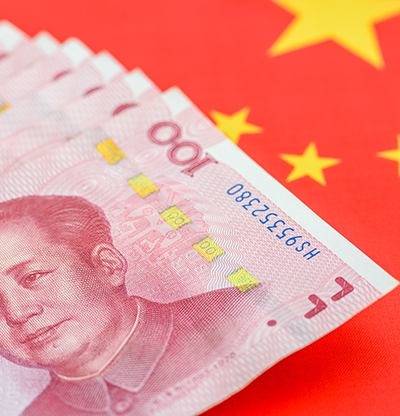Abstract
State capitalism is experiencing a great revival as a term to capture the current capitalist constellations, increasingly replacing neoliberalism. Unlike neoliberalism, however, the term state capitalism has a long history reaching back to the age of imperialism in the late 19th century. While state capitalism has been used as a pejorative term by Marxists, liberals and neoliberals alike, it has served as a programmatic label for developmentalist and neomercantilist projects in reaction to imperialism in the periphery. This paper argues that we need to bring the intellectual history of state capitalism into the ‘new state capitalism’ debate. China has played a major role in the revival of state capitalism in the social sciences, but the long history of China’s engagement with state capitalism as a concept and program dating back to the late Qing reformers has been overlooked for the most part. State capitalism is by no means new to China, from Liang Qichao, Sun Yatsen and Mao Zedong to Deng Xiaoping, the idea that China had to create a modern nation state and industrial capitalism in the name of economic progress and to get ahead in the global competition is a recurring theme. What is new is that for the first time the ambition to use state capitalism as a means to catch up with the West is bearing fruits in ways that could undermine the predominance of Western economies.



